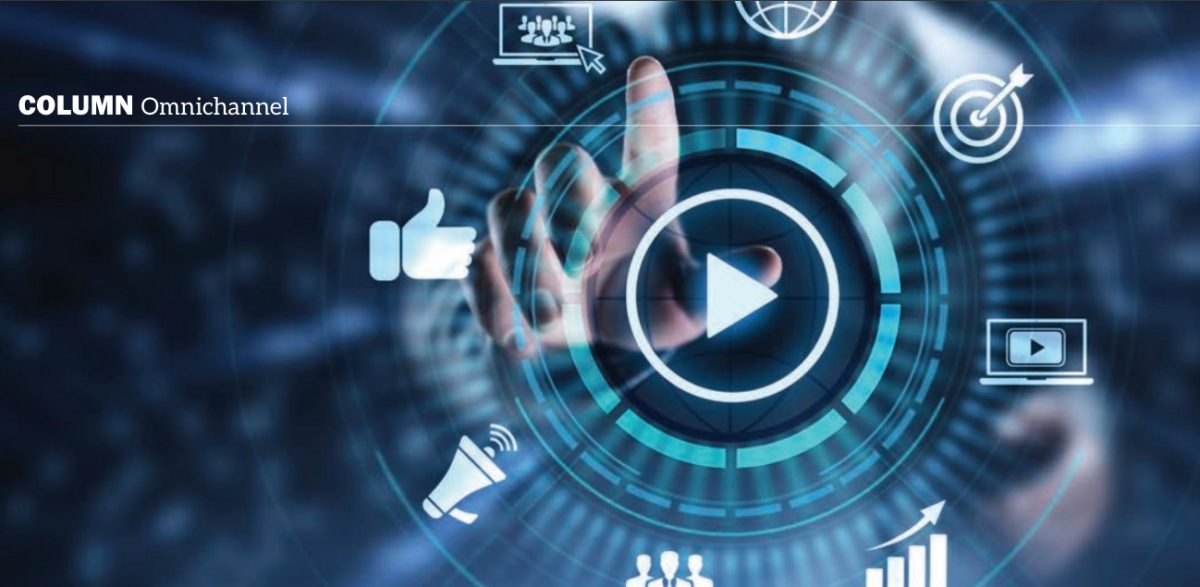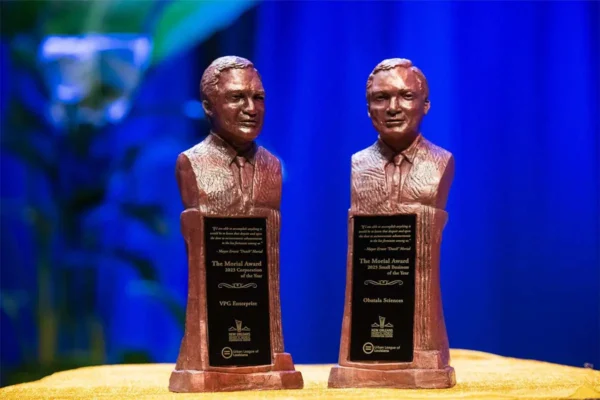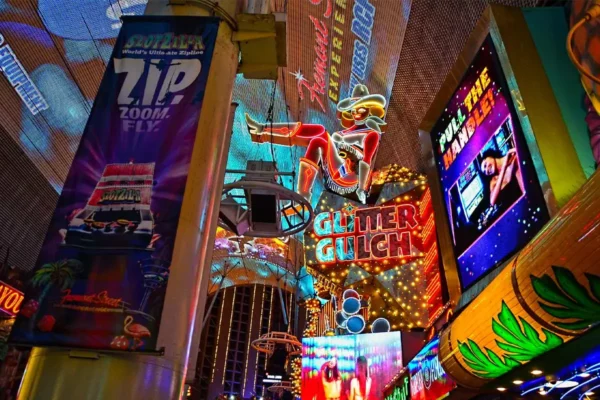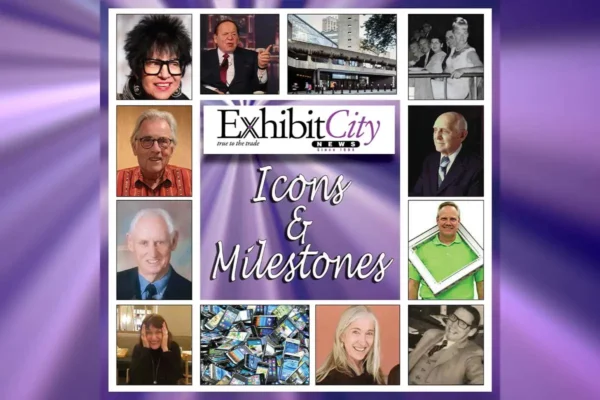by Chris Kappes
ONLY PARANOID SURVIVE. IT’S TIME
Former Intel CEO Andrew Grove wrote the seminal book “Only the Paranoid Survive”. His message: success breeds complacency, which in turn breeds failure.
Should we be paranoid as an industry? We have reason to be.
COVID, economic gyrations, AI, technology, city crime…all have, and will continue, to challenge the face of our business. Recently, the owner of two substantial San Francisco hotels announced its loan default and release of Union Square & Parc 55 from its portfolio. Reasons cited: “Concerns over street conditions; lower return to office than peer cities; and a weaker than expected citywide convention calendar through 2027.”
Walk the halls of any convention center during trade shows and experience in real-time “change in motion”: reduced attendance, younger demographics, smaller footprints, scaled–down exhibits, digital prominence, tech-heavy etc.
Uncertainty is the Norm. Not the exception.
The NEW paradigm is this: attending events virtually has become a new norm, so in-person attendance must be worth the time and expense of the trip. According to a new study by IACC, Meeting Room of the Future Barometer, “The “experience” of events must focus on educational content, human connection, meaningful travel, and involvement of local culture and cuisine to build these experiences”. In my earlier articles, I present omnichannel marketing as a key strategy to achieve this and to combat the commoditization of our industry, and guest experiences.
Why Omnichannel
The traditional linear sales funnel is no longer applicable in today’s marketplace. Access is key. 3,500 marketing decision makers in 12 markets (and over 21,000 since 2016), surveyed by McKinsey & Company shared they want “more”—more channels, more convenience, and a more personalized experience”. And if they don’t get what they’re looking for, they’ll take their business elsewhere.
Omnichannel is NOT a new concept.
Omnichannel is a holistic approach that provides a seamless customer experience across all touchpoints, including the website, social media, events, physical stores, and mobile apps. It’s earliest origins were in the retail industry when retailers were either a physical brick and mortar store or catalog sales where orders were placed by mail or via telephone. Best Buy is credited with being an early adapter ofomnichannel marketing strategy to compete with Walmart’s electronic department in 2003. The company created an approach that centered around the customer both in-store and online, while providing post-sales support. Today, top brand favorites like Best Buy, Apple, Amazon, deploy omnichannel marketing to continually find ways to personalize experiences to keep their customers engaged and loyal.
What Omnichannel can mean for our industry?
Consumers value “experiences” above all else and the recent Freeman Trends Report sites “in-person events as the most trustworthy source of information, more so than academic institutions and media outlets.” We are well positioned to deliver evenmore value to our customers. However, to do so requires a strategic shift inthinking from “one and done” events to “relationship-formation” centered around a continuous customer experience. We need to embrace an omnichannel business model where we all work together to engage audiences, not once a year, BUT all year.
We’ve all survived the COVID thunderstorm. Our industry has changed forever. Omnichannel is one path to follow. There are others to discover. Be paranoid. Play offense.
Chris Kappes is a three-decade executive who has served as CMO, CSO and President of leading event agencies. Kappes is currently VP, Omnichannel Integration for Circle, the leading omnichannel guest experience agency headquartered in Las Vegas. Kappes is a published author of two trade books, The Noise Behind Business. How to Make Tradeshows Work & How to Master the Art of Selling at Tradeshows co-written with sales expert, Tom Hopkins. Kappes shares his industry experiences and views at conferences and publications like Exhibit City News.































